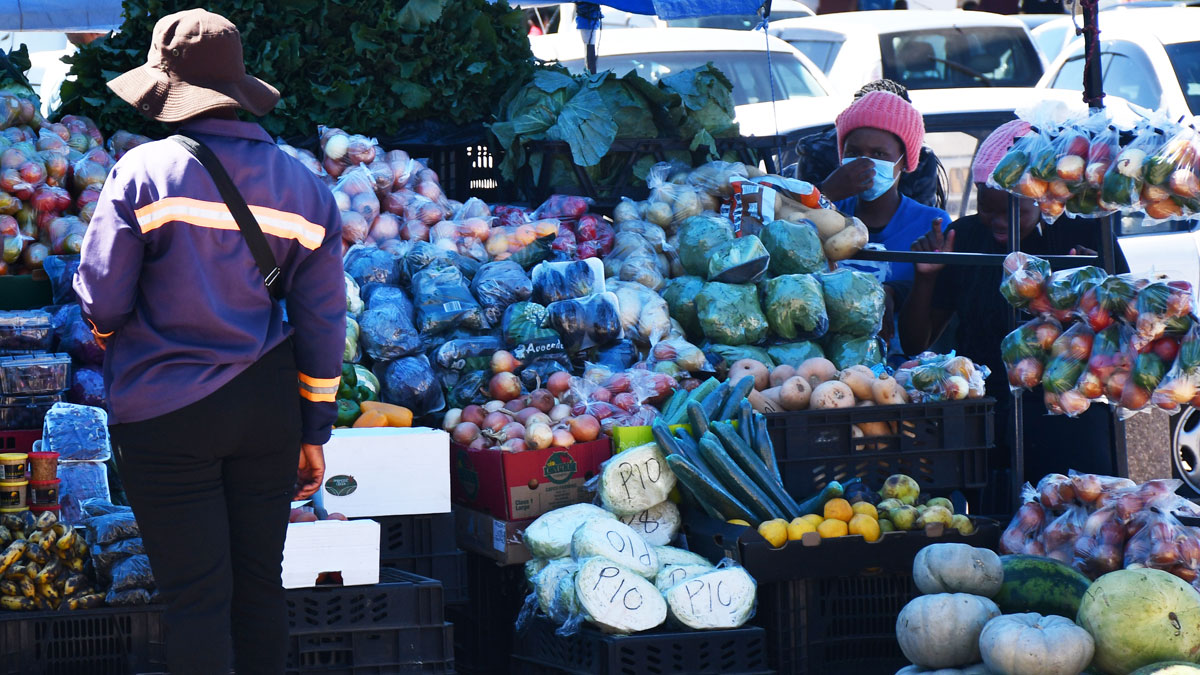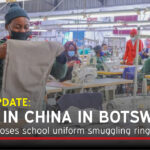Botswana Horticulture Council (BoHoCo) has called on government, private sector and farmers to collaborate and work on the establishment of collection centres for local vegetable produce.
The call follows a vegetable import ban imposed at the start of the year in order to promote uptake of local produce. The crackdown covered 16 veggies, including favourites such as tomatoes, potatoes and onions.
After a few hiccups and shortages, the ban seems to be having the desired effect.
According to statistics from Ministry of Agriculture, horticultural production from April 2021 to November 2021 was 32, 219.96 while in the corresponding nine-month period this year it stood at 43, 065.88 tonnes.
Collection centres are designated market places where vegetables and fruits received from farmers and other sources are temporarily stored before going through processing and then sold.
As it currently stands in Botswana, individual farmers seek markets and sell their produce on their own to retailers and other buyers.
In an interview with Voice Money, BoHoCo Chairperson, Mogomotsi Moatswi said establishing collection centres will help in good control of the market.
“As of now, we sell to buyers individually but collection centres are a necessary evil because they lead to improved production and reduce competition amongst farmers. Farmers will be able to focus on production while centers buy produce directly from farmers and resell. With that, farmers are able to get money very fast unlike in the current situation,” he explained.
“Further, there is an element of compliance and maintaining standards if we have collection centres, therefore ability to even penetrate outside markets or export if we have surplus resulting in wealth creation and foreign currency generation for the country,” added Moatswi.
Some of the benefits of collection centers are that Botswana will be able to quantify its vegetable produce as well as reduce farmers costs of taking their produce to the market on individual capacity.
Moatswi alos notes that setting-up such centres will come with job creation since it allows value chain development.
“The centers will allow emergence of industries for processing of local produce therefore leading to creation of jobs since there will be primary and secondary processing of vegetables. So activities such as refrigeration, sorting makes a lot of jobs in the value addition process,” said Moatswi.
















